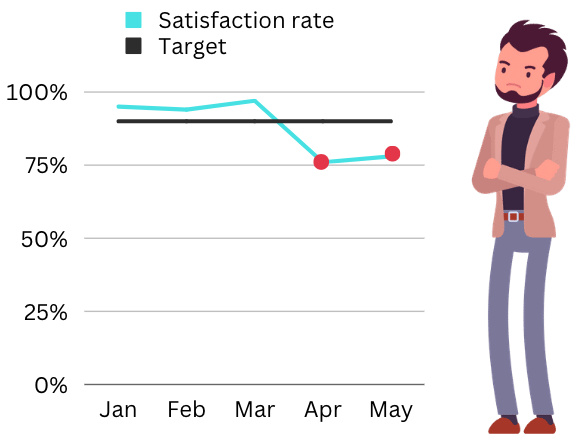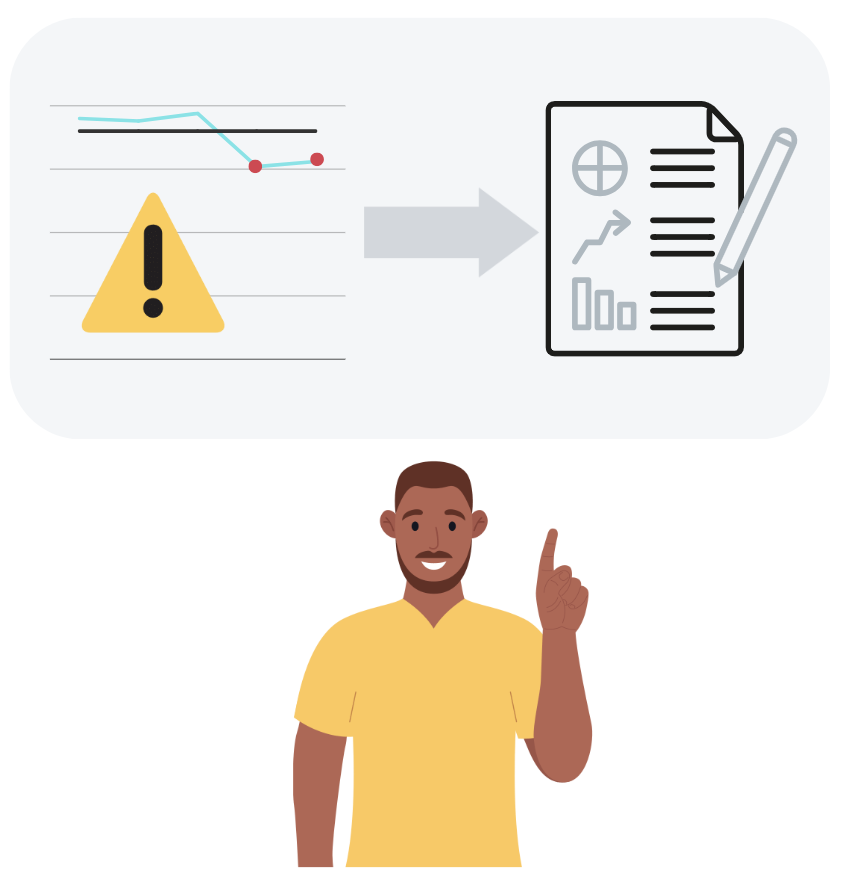Solving business problems with data
Data Fluency

Konstantinos Kattidis
Data Analytics Lead
Scenario - declining user engagement
- Katia is working for a tech startup providing software solutions to businesses
- She is reviewing KPIs (Key Performance Indicators)
- She identified a drop in user engagement metrics:
- Decrease in the number of active users
- Increase in customer support tickets
- This impacts customer satisfaction and revenue

Scenario - translating the business problem
By combining analytical skills and business knowledge, she formulates several analytical questions:
What is the trend in active user numbers?
What features are causing customer support ticket increase?
Is there a correlation between user engagement and software performance?
Now she can investigate further with the use of data and analytics

Data fluency behaviors

Identify the business problem using clearly defined KPIs
Transform the business problem into specific analytical questions that can be answered using data
Identifying the business problem
Data-fluency skills:
- Strong understanding of KPIs that drive the business
- Monitoring of those KPIs to identify problems
- Defining new KPIs to monitor success of initiatives
- Setting targets for the KPIs to make sure performance is in line with the desired outcomes

Forming analytical questions
- Translating business problems into well formed analytical questions
- It helps using data to solve these problems
- Forming SMART questions:
- Specific, Measurable, Actionable, Relevant, and Time-bound
- So that the analytical solution addresses the business problem

Leveraging cross-functional expertise

- Collaboration with cross-functional teams is important as it helps:
- Gain access to diverse perspectives, domain expertise, and data sources
- Enriches their understanding of the business problem
Allowing them to ask more insightful and relevant analytical questions!
Let's practice!
Data Fluency

